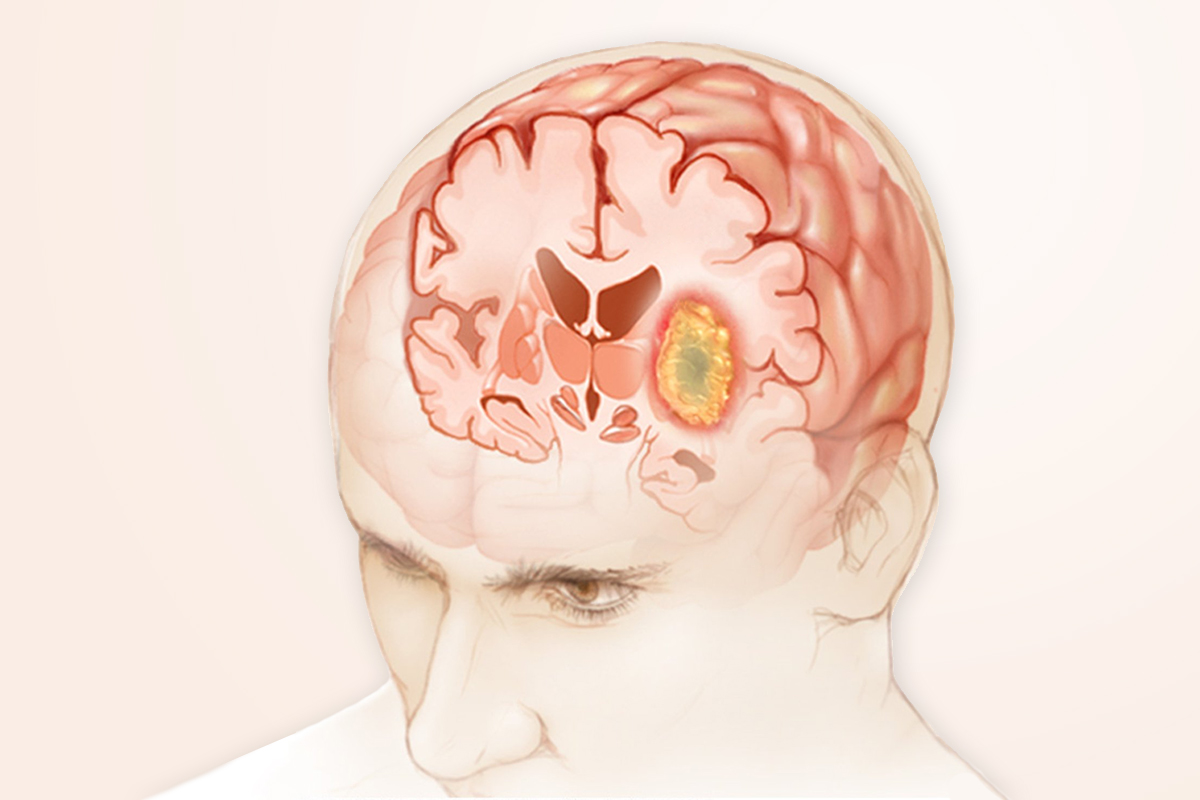Brain Tumors – Common Symptoms and Treatments
Symptoms include headaches that are severe and do not respond to regular medications. Majority of headaches are not tumor related but either tension headaches or migraines. Overall treatment is based on whether the tumor is benign or malignant, or causing symptoms that need removal.

Brain tumors can be either Primary or Secondary. Primary brain tumors are ones that arise from brain and covering meninges. Secondary brain tumors are due to spread from cancer in another location. Tumors occur when a group of cells multiply uncontrolled.
There is a Central Brain Tumor Registry which collects the data on brain tumors in North America. The annual occurrence of brain tumors in adults is 23.8 per 100,000 people, less than 0.1%. Approximately ⅓rd of these are malignant. Majority of brain tumors in adults are Secondary which means the actual cancers starts elsewhere in the body and spreads to the brain. In children under 20 years of age the occurrence is 6/100,000 people but the malignant variety is 60% more likely. The American Cancer Society estimates 18,600 deaths from brain and spinal cord tumors in 2021 alone.
Brain Tumor Symptoms
What symptoms do we look for? This depends on the location of the tumor in the brain which will cause disruption of a certain brain function. The brain itself has no pain receptors. When the brain covering (meninges) and surrounding structures are displaced, it causes pain or loss of certain function.
Also Read: COVID-19 and Brain Damage – What We Know So Far
These are some common symptoms:
- Headaches that are severe and do not respond to regular medications. Majority of headaches are not tumor related but either tension headaches or migraines. If there is a tumor then sudden bleeding into the tumor causes a severe headache unresponsive to normal medication. Often there are other associated symptoms as listed below.
- Seizures sudden onset, loss of consciousness including twitching of muscles.
- Vision changes like sudden double vision and loss of vision.
- Gradual loss of sensation or loss movement in arm or leg.
- Difficult walking/balance.
- Speech disturbance or difficult speech.
- Confusion in daily task, memory loss, disorientation.
- Behavioral /personality changes.
- Unexplained nausea or vomiting.
- Hearing problems or loss of hearing.
Signup today and find a doctor near you
Brain Tumor Types and Diagnosis
There are many different types of Primary Brain Tumors over more than 100 varieties. Some common examples are Glioma, meningioma, Acoustic Neuroma, Pituitary Adenoma, medulloblastoma, germ cell tumors.
There are several Secondary (metastatic) brain tumors for those cancers that start in other organs. The common sources are breast cancer, colon cancer, kidney cancer, lung cancer, and melanoma which are known to spread to the brain.
The origins of Primary Brain Tumor are not clear. Family history links a small portion of cases while exposure to ionizing radiation including radiation treatment can cause others. Currently there is no testing that can determine if one is at risk.
The best way to screen for tumor is if symptoms are persistent for few weeks to months to have a simple CT scan which detects majority of tumors that have grown a significant size to cause symptoms. Further testing or confirmation can be done with MRI with contrast to evaluate the location and extent. Biopsy may be recommended based on location. Other tests may need to be performed if the brain tumor is thought to be secondary.
Treatment and Post-Treatment
Overall treatment is based on whether the tumor is benign or malignant, or if they are causing symptoms that need removal. Newer options and therapies are always being evaluated and some may need to seek clinical trials. Some tumors may need simple resection depending on location and other may need a combination of surgery, radiation, and chemotherapy. Outcome for survival continues to increase with early detection. Advanced tumors or Secondary brain tumors may be inoperable depending on where the primary tumor is located.
At times, treatments manage to entirely remove the tumors and it does not grow back again. That is the ideal case. However, brain tumor stays even after the treatment in many cases. Stay in touch with your doctor and comply with the recommended routine checkup plan so that lab tests can be performed, and recurrence prevented timely.
Please seek evaluation from your primary medical doctor for routine check-up and especially if there is a sudden change in routine health that persists. It is safer to have an evaluation than to ignore a change in your health as early detection is key. Consult the oncologists, radiologists, and neurologists at mHospital today for diagnosis and treatment.





